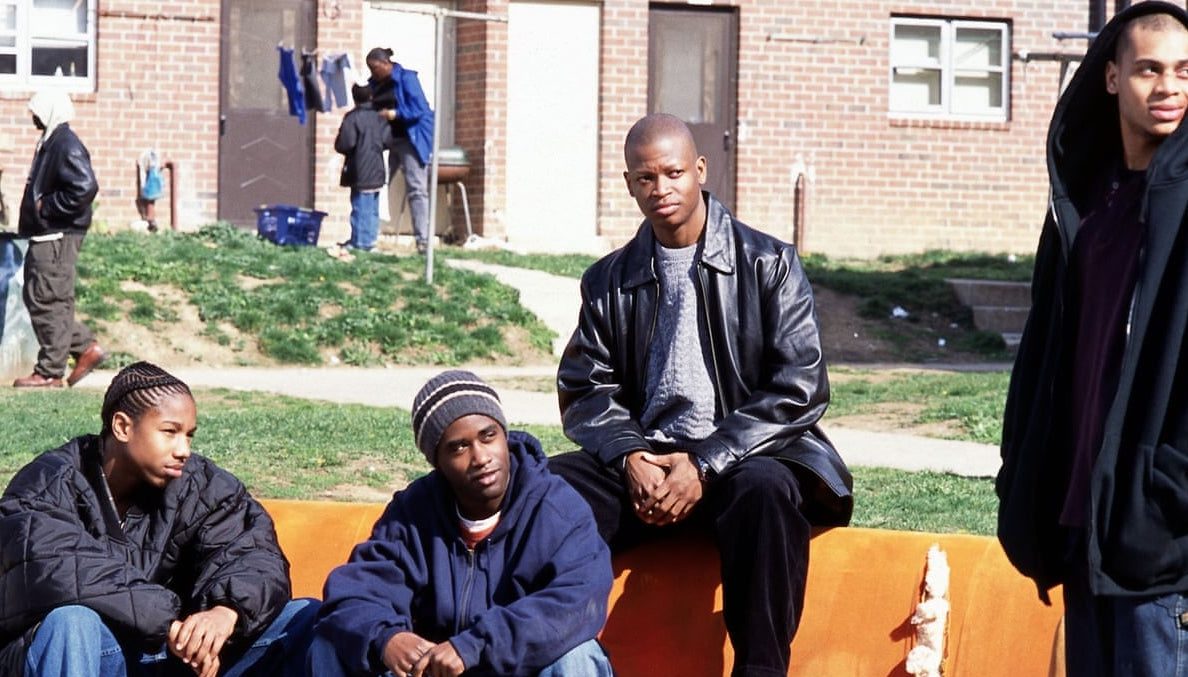I don’t think The Wire could be made now. Or, at least, I don’t think it would attract the critical acclaim that it did when it was first aired, almost twenty years ago.
I started rewatching the show at the beginning of lockdown, and last week got to the final season, at the same time that various media outlets began calling for an end to police shows, the most popular genre of TV in both America and the UK. The argument is that heroising, or even just humanising, police officers is an act of “copaganda”, encouraging viewers to sympathise with the agents of police brutality at a time when radical proposals to abolish or defund the police are suddenly on the agenda.
Several shows have already been cancelled and activists have apparently now set their sights on Paw Patrol, a children’s cartoon that features a talking police dog called Chase (“Defund the paw patrol!” reads one tweet, “Euthanize the police dog!” urges another.)
Of course, The Wire was not just any old police procedural. It was the jewel in the crown, the very best of the Golden Age of Television (an age that is now, I fear, behind us). But the moral and narrative complexity of the show, the very thing that made it so accomplished, would now be its undoing.
It’s not as though The Wire shies away from depictions of police brutality, corruption, incompetence, and malice. But, to the extent that there are any heroes in the show — Howard “Bunny” Colvin, Cedric Daniels, and Lester Freamon come closest — they are police officers, and black police officers too. And, although we regularly see police mistreating the black people of Baltimore, the show refuses to offer up any kind of simple narrative to explain the problems besetting the city.
The orthodox Leftist analysis of crime — that it is a consequence of structural factors including poverty, racism, and police overreach — is not rejected as such, but the show is far more concerned with the complexity of character and moral agency, with some of the most sympathetic figures (Bubbles and Dukie) suffering the most wretched misfortune, while outright villains (Mayor Royce and Major Valchek) enjoy power and affluence. In the world of The Wire, there is no clear relationship between virtue and circumstance — the two are constantly shifting.
The Wire does have a political message, and a progressive one: decriminalise drugs, stamp out corruption, and focus police resources on the most powerful gangsters, rather than on petty criminals. But while this kind of moderate, reforming instinct might have been acceptable two decades ago, I fear that the progressives who set the cultural agenda would not now look kindly on a white man writing a show about (mostly) black people that tries to complicate their simple political narrative.
Above all, I doubt very much that the redemption of a character like Pryzbylewski, the violent white police officer turned compassionate teacher and mentor to black teenagers, would be acceptable in the current climate. Redemption, complexity, nuance, moral humility — these are the values of a bygone era.











Join the discussion
Join like minded readers that support our journalism by becoming a paid subscriber
To join the discussion in the comments, become a paid subscriber.
Join like minded readers that support our journalism, read unlimited articles and enjoy other subscriber-only benefits.
Subscribe